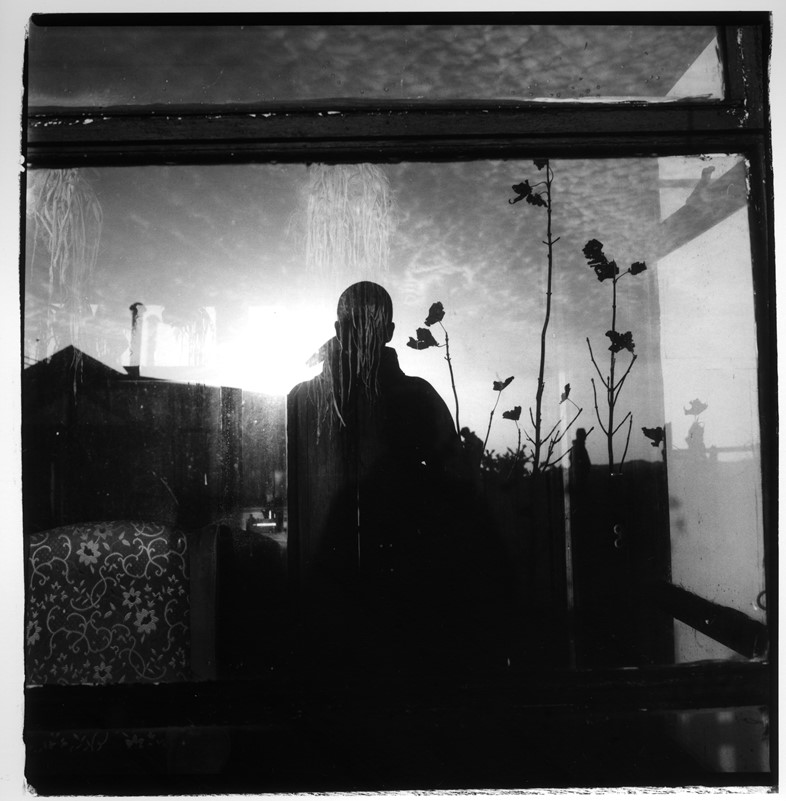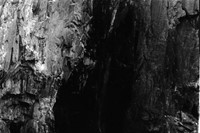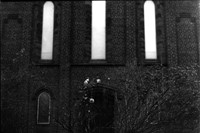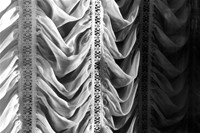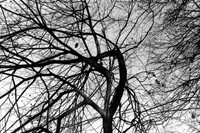For a new series commissioned for the West Coast Photo Festival (now sadly postponed) Phoebe Kiely documented the coastal towns of Cumbria – providing a photographic escape for those in self-isolation
For the inaugural edition of the West Coast Photo Festival – due to be staged in Barrow-in-Furness from today but sadly now postponed, like many other things, in the wake of the Covid-19 pandemic – director Loren Slater commissioned three photographers to make new work in the Cumbrian coastal area. Vanessa Winship, Phoebe Kiely and Mishka Henner all spent time exploring and photographing that 100-mile coastal stretch of the UK, each producing their own response to the stories, landscapes and people they encountered.
For Kiely, whose series is shown in part here, this meant exploring and photographing the industrial towns on the coastline, and uncovering what she now sees as “hidden gems”. “I went to university in Manchester so I was so close – I think it’s about two hours on the train,” she says. “If I’d known about the area I would have loved to see it, but when I was at uni and felt I needed water I would go to New Brighton, because of the history of Martin Parr and Tom Wood working there.”
Before exploring Barrow, Workington, Whitehaven, Ravenglass, Seascale, the Buddhist temple at Ulverston and Millom for her West Coast Photo commission, Kiely did not seek out too much information about the area. “I’d never seen the West Coast or the Lakes,” she says, “and when I spoke to my family and other people about the commission, I actively told them not to tell me anything about them. People were quick to volunteer information, but I didn’t want to hear too much.” Kiely spent about three weeks in the towns, capturing in her usual black and white the details she found compelling: bare tree branches set against a clear sky, delicate lace curtains, windows, reflections, rocks and water. “It was such a luxury to be commissioned to make work and go to these places that I had never been before,” she says. “It was so beautiful ... the light and the sea.”
Kiely found herself drawn to water – be it the sublime and expansive Lake District or the river running underneath a bridge in the coastal village of Ravenglass. “I didn’t know what I was going to photograph, to be honest, but when I got there, I felt like it would be too invasive to take pictures of people,” she explains. “I walked a lot to cover a lot of ground. I always feel like I want to go back to water and the ocean – water plays a huge part in the series. I’ve printed three images that I took at Ravenglass, which is really quite empty, there’s not really a lot of houses. I was walking over this bridge and the water was moving in a really unusual way. That was a really wonderful moment.”
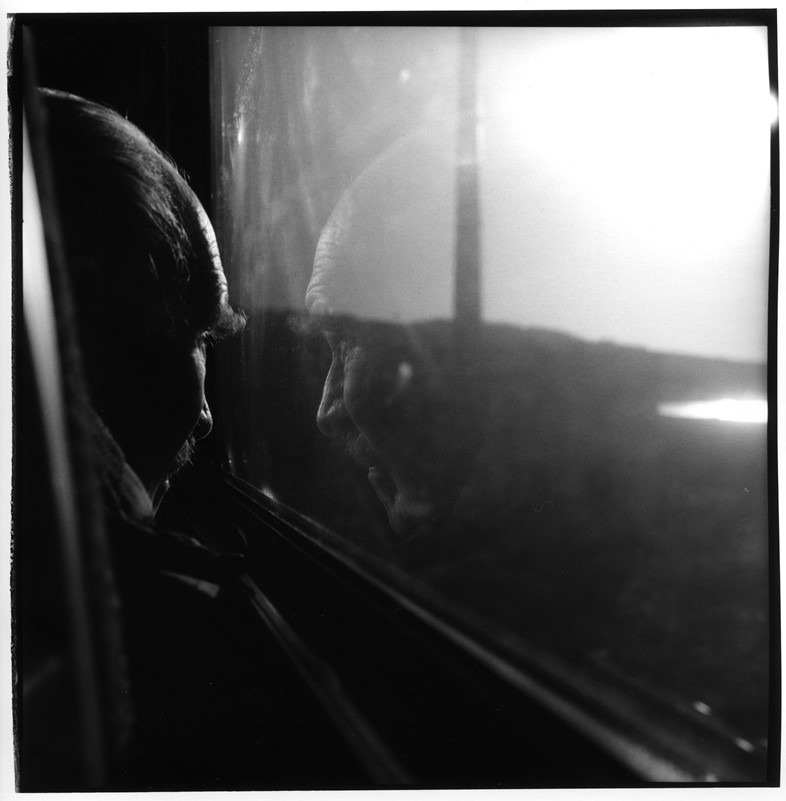
There are exceptions to Kiely’s decision not to photograph people for the series: a self-portrait, taken while visiting the Black Huts – a community living off the grid at Lowsy Point, on the Barrow coastline – is one of the photographer’s favourites. Kiely, who has previously released an acclaimed photo book with MACK, also took a photograph of a man looking out the window of a train on one of her last shoot days. “The light was just so right. It was just the end of the day and the sun was coming down, and there was something really tranquil about the fact that I was just doing what he was doing, looking out to the sea and the sun.”
Kiely felt a connection to the area – “each time I left, there was a sadness,” she says – and was moved by its rich history. She looked to the photographic legacy of Cumbria, and artists like Raymond Moore, but ultimately has created a quietly beautiful series that is very much her own, each image printed by hand. “I’m grateful to be hopefully adding to that legacy of Cumbria,” she says. “In the past, I have actively not looked at too many other photographers because I think it can influence me too much, but this was different because I really wanted to embrace Cumbria, so seeing its history of photography didn’t feel intrusive.”
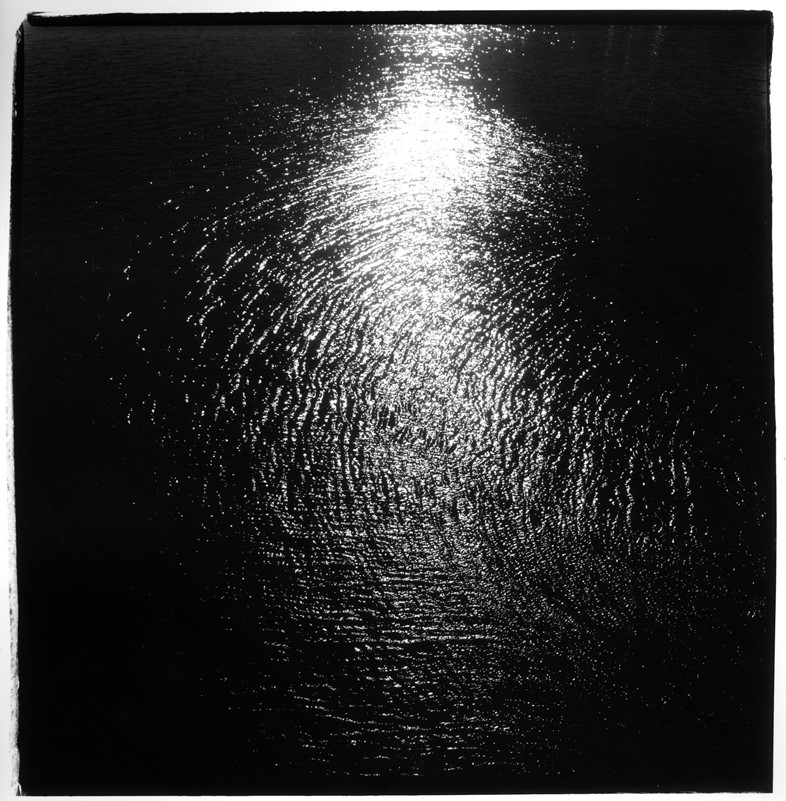
Phoebe Kiely’s work was due to be exhibited at West Coast Photo Festival, which has now been postponed. Her book, They Were My Landscape, is published by MACK.
